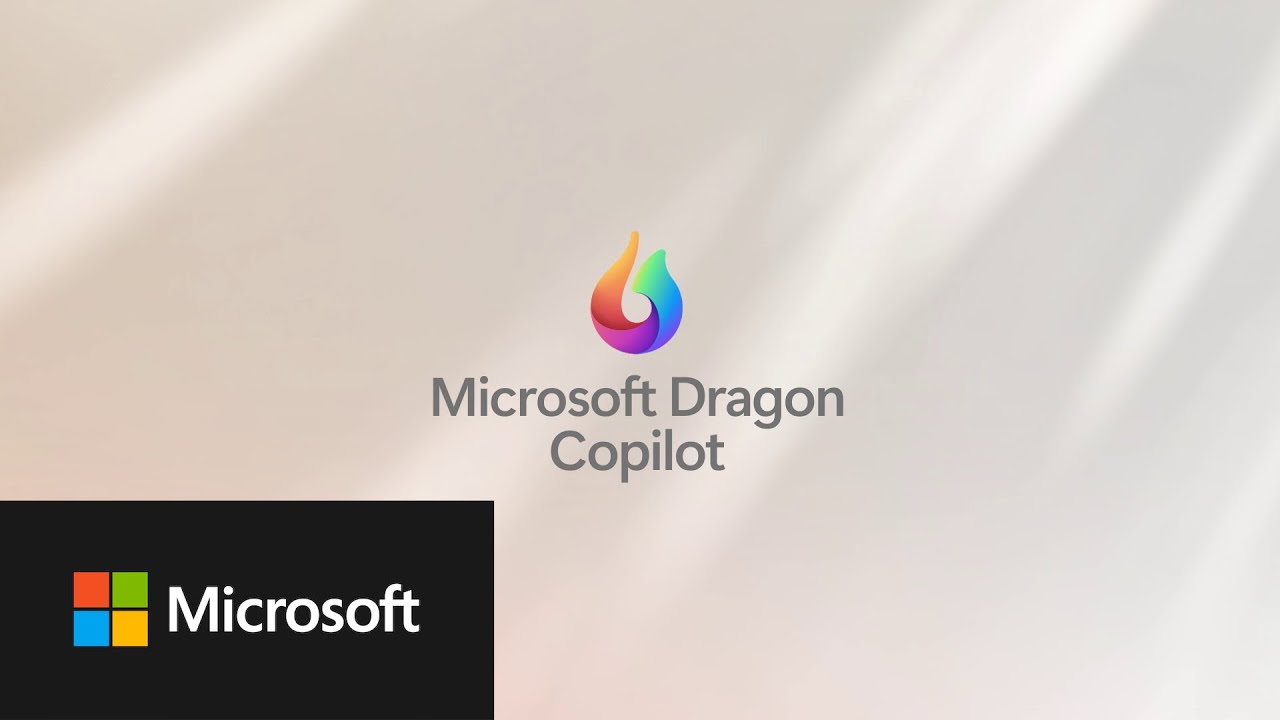Microsoft has announced an AI for healthcare providers, integrating voice dictation, ambient listening, and generative AI features.

This tool, called Dragon Copilot, aims to assist clinicians with various tasks such as creating structured notes after patient visits, automating referral letters, and retrieving medical information from both internal and external sources.
In 2022, Microsoft acquired Nuance, a clinical documentation company, for nearly $20 billion. Since then, it has developed a suite of clinical assistant tools, including Dragon Medical One, which utilizes speech recognition for patient documentation, and DAX Copilot, an AI-powered assistant that aids clinical decision-making.
Microsoft claims that its AI products have been positively received in the healthcare sector, which often faces significant administrative challenges.
Dragon Copilot combines these existing tools and enhances them with generative AI, a development that Ken Harper, the general manager for Dragon and DAX Copilot, described as the most exciting advancement yet.
The aim was to create a unified experience for users, allowing clinicians to manage multiple tasks without switching between different applications.
Before Dragon Copilot, doctors had to use separate applications for different tasks. Now, they can dictate notes and automate various tasks all in one place, making their workflow more efficient.
This new tool also allows clinicians to access and query information from external sources, such as the CDC or FDA.
For instance, a doctor could ask whether a patient needs lung cancer screening, and Copilot would provide an answer with links to credible sources for verification.
Generative AI can produce original text and images, but it sometimes generates inaccurate information, raising concerns about its use in healthcare.
There are also worries about the lack of standardized oversight, which industry groups, including those led by Microsoft, are trying to address.
The ability of Dragon Copilot to source medical information is similar to Google’s Vertex AI Search, which was launched last year and can sift through extensive medical texts and images to assist healthcare professionals.
Many other AI clinical assistants have emerged recently from companies like Suki, Abridge, and Nabla. However, according to Harper, Dragon Copilot stands out due to its broad range of capabilities, including dictation, ambient listening, natural language processing, and custom template creation.
Microsoft is among several tech companies aiming to profit by alleviating the administrative burdens faced by healthcare workers.
In October, the company introduced various tools for the healthcare sector, such as resources for organizations to create their own AI assistants, foundational models for medical imaging, and a healthcare data analysis platform.
Google is also enhancing Vertex AI Search ahead of a major health IT conference, recently announcing its ability to extract information from images as well as text. Meanwhile, Salesforce has launched a library of prebuilt AI agents to automate numerous healthcare tasks.
Other Stories You May Like

